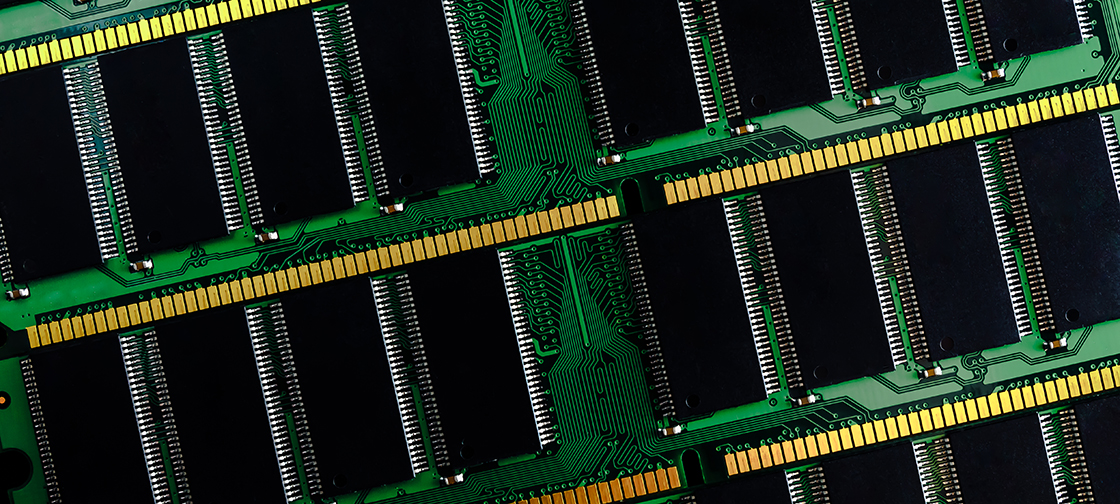Phase-change materials, PCMs for short, are one of the most promising candidates for future memory technologies. The materials can be reversibly switched between the amorphous and crystalline states. Since the phase transformation is also accompanied by a pronounced change in optical and electrical properties, these materials have recently been introduced in a commercial non-volatile memory, Intel and Micron’s OPTANE memory.
This memory is already about a hundred times faster than currently available Flash memories. The increasing importance of artificial intelligence methods and the associated desire to analyze ever larger data sets, in conjunction with the need to reduce worldwide energy consumption, place great demands on devices for electronic data storage. It is therefore imperative to further increase their operating speed and reduce their energy consumption.
At RWTH, research on this topic is currently being conducted as part of the Collaborative Research Center “Nanoswitches: Resistively Switching Chalcogenides for Future Electronic Applications – Structure, Kinetics, and Device Scalability“ (SFB 917).
Researchers at RWTH Aachen University, headed by Professor Matthias Wuttig, Chair of Experimental Physics I A and co-director of the JARA Institute for Energy-Efficient Information Technology (Green IT), and Dr. Shuai Wei, Chair of Experimental Physics I A, now present a possible solution to this problem in collaboration with Huazhong University of Science and Technology in China.
Source: “Faster and More Energy Efficient Memories”, RWTH Aachen University




